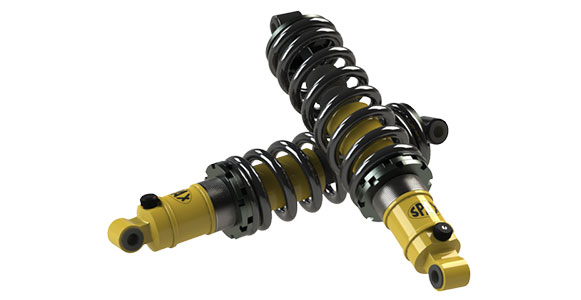When choosing a used car to buy, there are certain mistakes that you should avoid to not waste your money. Used cars can have some issues, whether minor or major, from fuel and radiator leaks to problematic shock absorber parts and brakes. To minimize the risk of investing in a car that requires expensive repairs, avoid the following mistakes:
1. Making a decision based on appearance
Whether you are doing your used car shopping online or in person, you should not prioritize looks. You should not think that just because that sports car looks cool and shiny that it is mechanically up to par. Your final decision should be based on more important factors, such as mileage, condition, and vehicle history, so that you do not end up with a car that looks good but does not work right.
2. Not comparing prices
These days, there are many websites dedicated to used cars for sale. Browse a few of them so that you can do a price comparison of the car model you are interested in buying. Take note of the specs, year, make, and others. Doing this can give you an idea of the price range of your ideal car and help you prepare the right budget.
3. Not setting a budget
In addition to the price of the car, your budget should also include expenses for car part repairs and replacements. For example, after finalizing your purchase and getting it inspected, you may have to buy new shock absorber car parts to replace the faulty and old shock absorber parts. If you do not have enough money set aside, you might have to wait longer to be able to drive your newly purchased vehicle.
4. Not checking the mileage
A newer used car does not always mean it is free of problems, and an older used car does not always mean it has lots of issues. While shopping for used cars, looking at their mileage is crucial --- the lower, the better. Mileage is an indicator of a car’s condition, particularly its wear and tear. Thus, if you have to pick between a used car with 120,000 miles and a used car with 60,000 miles, as long as all the other factors are pretty much the same, go with the latter.
5. Not checking the vehicle history report
Knowing what a used car has been through with its previous owner is crucial. By running a vehicle history report, you can get information on any accidents, problems, issues, repairs, replacements, and past owners.
6. Not getting it checked by a mechanic
For people with zero or little car knowledge, having a mechanic inspect the used car can help them save a lot of money. If you skip this step, you might not notice that the tires, brakes, radiator, or shock absorber car parts are damaged. With a car expert by your side, you can be made aware of important things and get your money’s worth.





Comments